Oxalates are a waste product which is released by the liver in the processing of proteins. They are highly reactive substances that exist in many plant products. Oxalates have no useful function to the human body - on the contrary, they cause harm.
About half of the oxalates of the food just fall through. They appear in almost every plant, wherein they connect insoluble calcium compounds which accumulate in the leaves and bark of the plant, but are subsequently eliminated thanks to the leaf falling. This is how plants are exempt from excess calcium and oxalates.
Unfortunately, in people, things are quite different. Oxalates are released from food during digestion. Then, in the small intestine, they bind with calcium and form salts /insoluble compounds/ which can not be absorbed and leave the body in the faeces.
Those oxalates that fail to connect with calcium are absorbed and soon fall into the colon. Thus is obtained the accumulation of oxalate in the body. This is one of the main reasons for not recommending a diet low in calcium. As we have seen, it is vital to separate the oxalates.
Dangers of oxalates
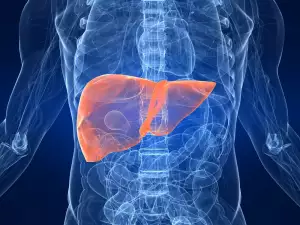
When oxalates accumulate in large amounts in human cells, they can lead to reduced levels of glutathione - a substance which promotes detoxification of the body. Oxalates trigger autoimmune responses and promote the formation of crystals in different areas of the body most commonly- the kidneys.
In most cases, small amounts of oxalates are absorbed through food, provided that the stomach is healthy. Medical literature indicates that when the stomach is irritated and has weak digestion of fat, as well as prolonged diarrhea and constipation, oxalate from the diet may be absorbed from the gastrointestinal tract and can become hazardous to the cells in the body.
Oxalates deplete the production of the enzyme carboxylase. In such cases there is an easy occurrence of fungal infections. High levels of oxalate can cause diseases of the liver or intestines.
In persons with normal metabolism, about 15% of the oxalate in the diet is absorbed in the digestive system and fall in the urine. In patients with oxalate kidney stones, this percentage reaches 50.
Sources of oxalates

Food can be divided into three groups in terms of the oxalates. The first group are foods low in oxalates, containing less than 2 mg per serving, which means that it can be eaten without any restriction. The second group is with moderate contents of oxalates - contain from 2 to 7 mg of oxalate per 1 portion. You should consume no more than 3 such foods a day. The last group are foods rich in oxalate. They contain more than 7 mg per portion and should therefore be avoided.
In terms of drinks, high in oxalates are dark beer, draft beer, natural chocolate, chocolate milk, black tea, soya drinks, instant drinks and instant coffee. With moderate volumes are coffee, juice, red berries, orange juice and grape juice, orange soda. Low in oxalates are bottled beer, apple juice, lemonade, water, wine, ginger drinks, milk, soluble tea, distilled alcohol.
Dairy products high in oxalates are chocolate milk, soya cheese, soya milk. Low in oxalates are milk, yogurt, cheese, buttermilk. There are no products with moderate oxalates.
Meat products have no high content of oxalates. Moderate are beef liver and kidney, and low are other meat products.
The oil and any fat for cooking are low in oxalates. Spices are high in oxalates are cinnamon, fresh parsley, ginger, soy sauce and pepper. Moderate are fresh basil and malt and low - all the others.
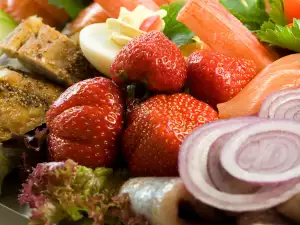
Fruits with high oxalate content are blue blueberries, raspberries and blackberries, currants, peels of oranges, limes and lemons, strawberries, tangerines, rhubarb, kiwi. Moderate are plums, pineapples, pears, peaches, oranges, grapefruit, dried cranberries, unpeeled apples, apricots. Low are raisins, watermelon, papaya, white grape, canned blueberries, melons, avocados, peeled apples, cherries, bananas.
Vegetables high in oxalates are beans, beets, eggplant, celery, wild onion, chicory, spinach, summer squash, sweet potatoes, Swedish spinach, olives, watercress, vegetable soup, tomato soup. Moderately high in oxalates are artichokes, asparagus, broccoli, carrots, Brussels sprouts, lettuce, mushrooms, peeled cucumbers, fresh tomatoes, onions, corn, kale. Low are cauliflower, cabbage, green and yellow zucchini, red peppers, roots of turnips, radishes.
Bread and starch products with moderate level of oxalates are corn tortillas, corn bread, corn starch, brown rice, white or whole wheat flour, barley. Low are ready made breakfast cereals, bread and rice.
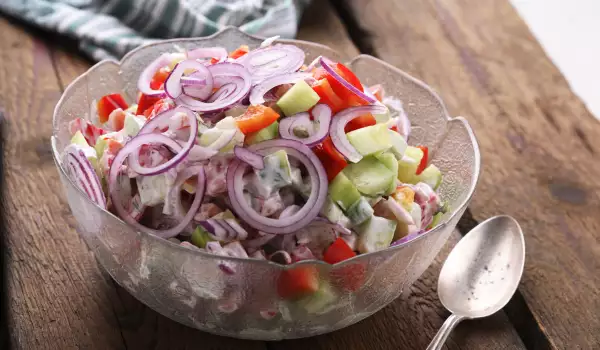


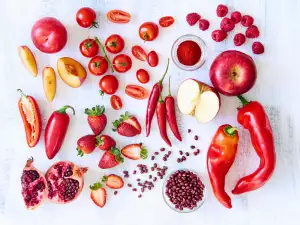





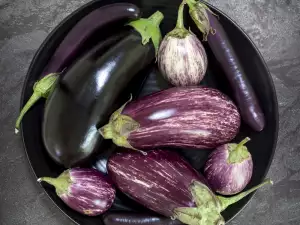
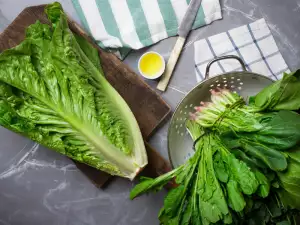
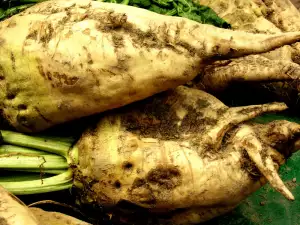




Comments